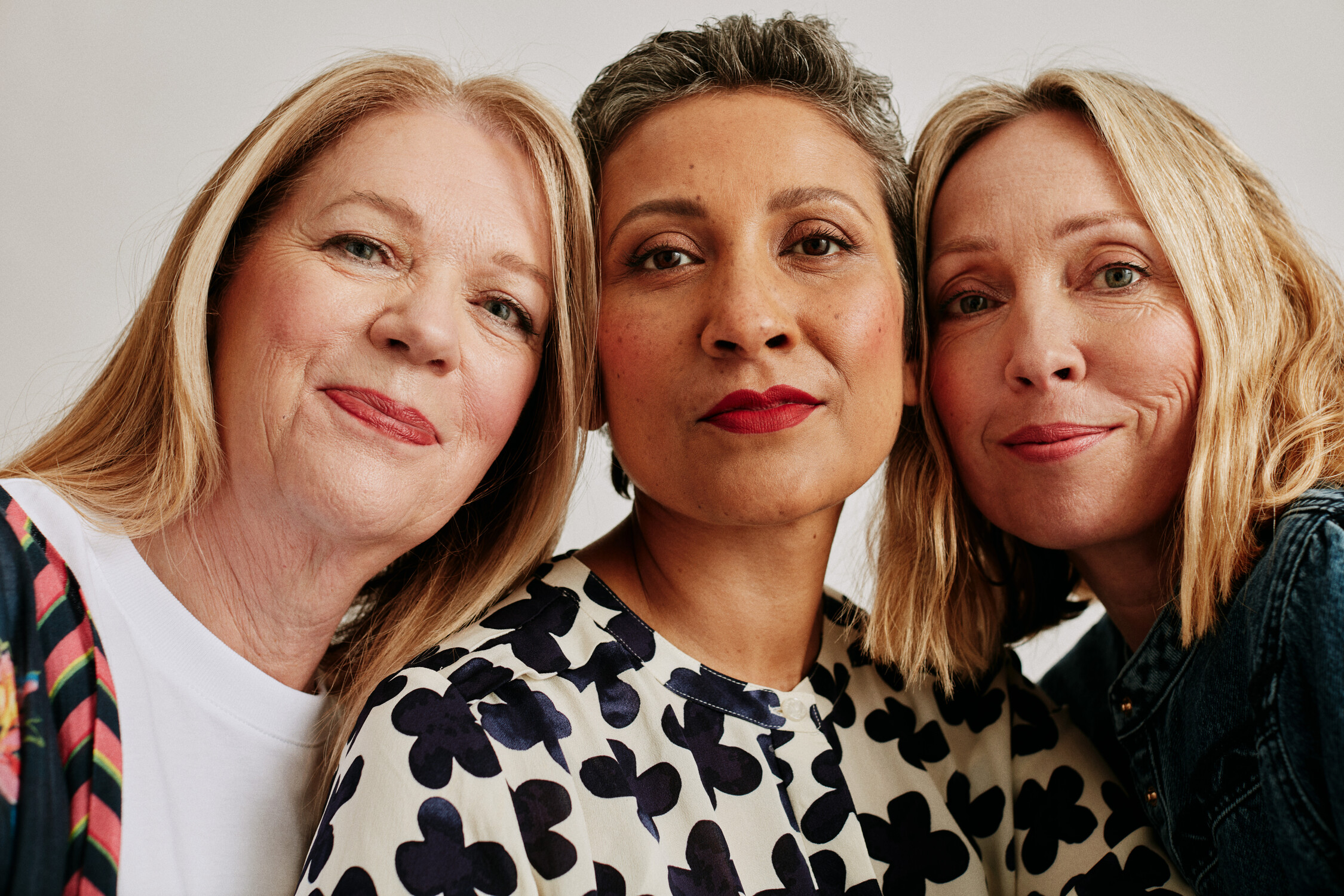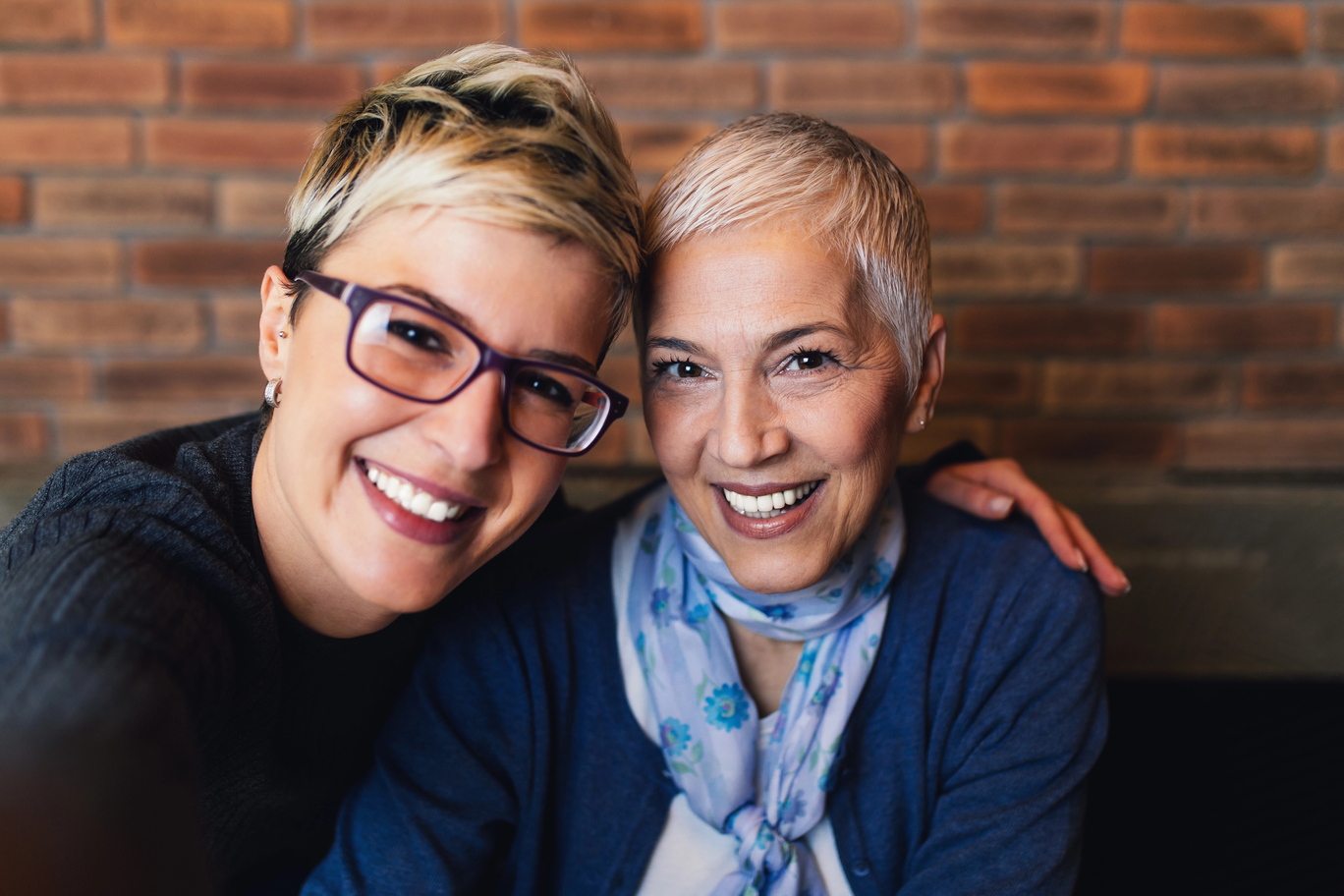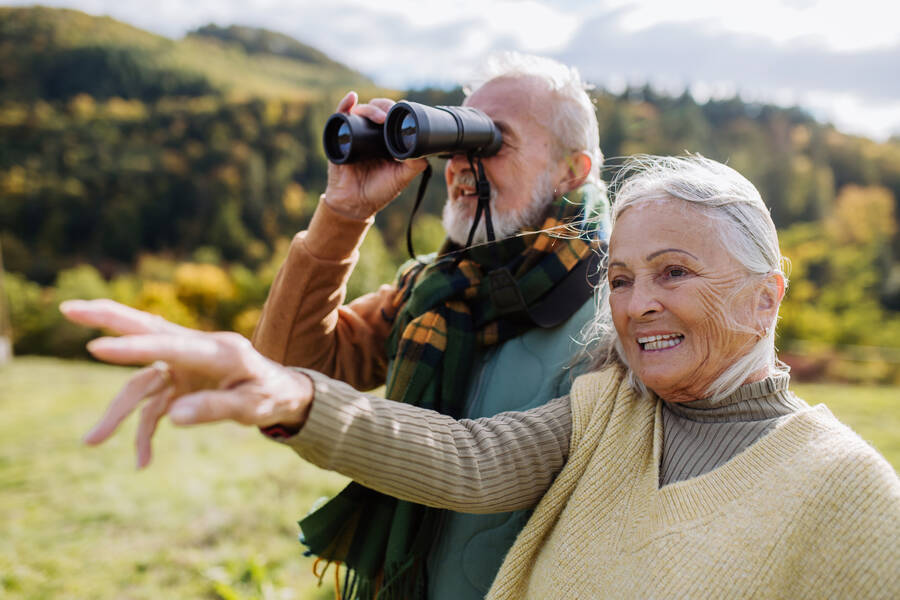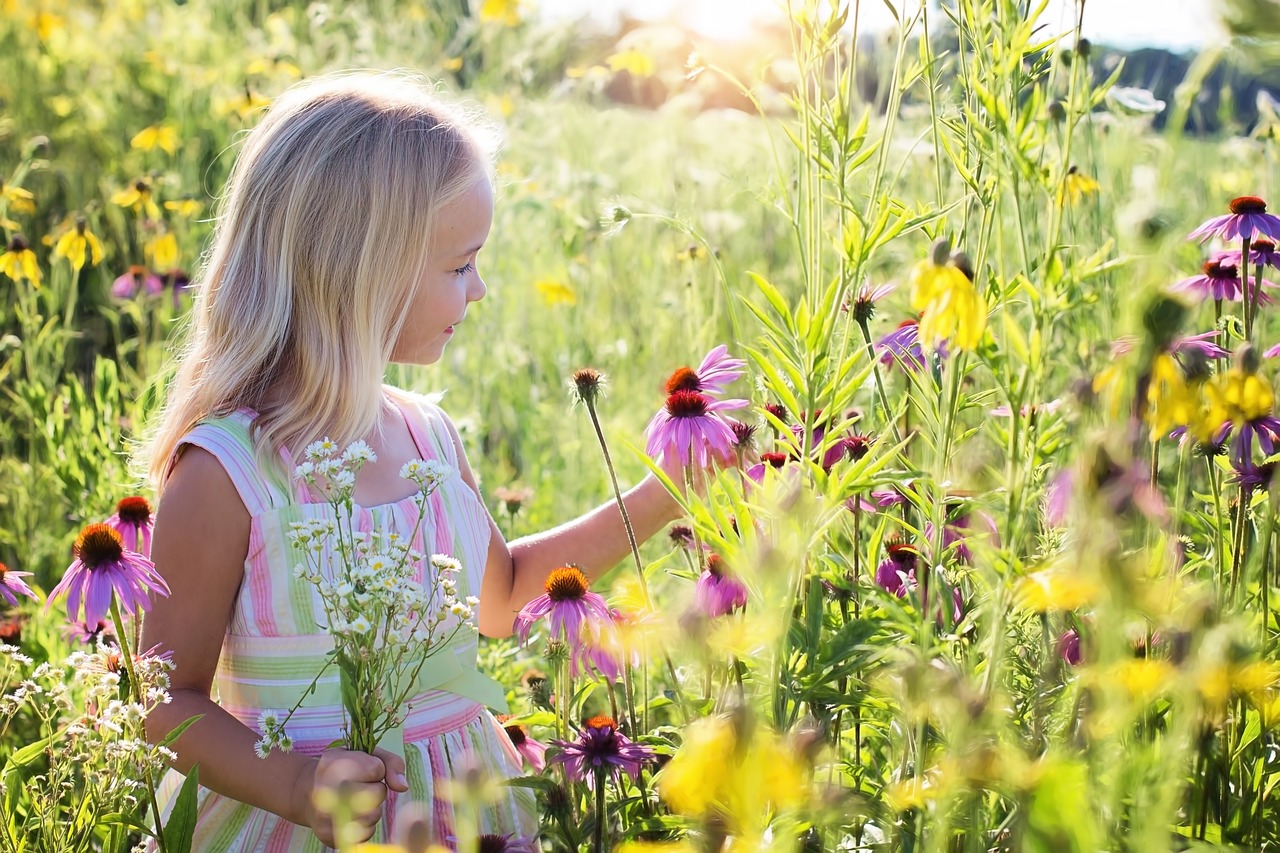In my book – Rethinking Retirement for Positive Ageing, I write about the young olds – the yolds. The name is generally credited to Gerontologist Bernice Neugarten who come up with the idea of the young-old, in the 1970s, to refer to people aged 65-75.
We are in the peak age range of the yolds, the 2020s is the decade of the yold.
The height of the baby boom, was not just at the end of the second world war, but a decade later, from 1955-1960. Those born in this period are reaching this age range now.
With greater health, less physically demanding work and the possibility of reaching 100 (the 100-year life) many continue to work.
We are not done yet.
Many of us were changing the world in the 1970s – campaigning at Greenham Common perhaps, and we continue to campaign for what we believe in.
Some of us will be in receipt of an index linked pension alongside the state pension which gives us the flexibility to continue to work on our own terms. No longer driven by the salary but taking time to do work that is meaningful to us. I appreciate not everyone is so fortunate.
We eat better, we exercise more, we still have dreams and goals. We remain in good health for longer. Continuing to work is one of the reasons for this.
A German study found that people who remain at work after the normal retirement age manage to slow the cognitive decline associated with old age and have a cognitive capacity of someone a year and a half younger. I think the difference could be greater but can’t find a reference for this.
I’m reminded of when I first ran pre-retirement seminars when people were looking forward to taking life easy and spending time with the grandchildren, on the golf course and at their caravan.
Whilst this is still the plan for some, for others we want more.
And we are now a marketeers dream – more disposable money, more time …
- The travel industry is now focusing on adventurous travel for an older age group.
- Universities, especially in America are targeting older learners. Harvard has more students at its Division for Continuing Education (for mature and retired students) than it does at the university itself.
And organisations are being challenged, older workers can be more productive, and we are more loyal, likely to stay longer. But there continues to be discrimination.
The state pension is important for many who are not able to continue to work due to the physicality of their work. In their 50s there should be encouragement to retrain and move work. But not all are able to, for them the state pension is essential for living expenses, they are unlikely to be heading off on a world tour.
We need more flexible working
There needs to be more work done to encourage organisations to offer training to staff of all ages and to offer more flexible employment. By companies becoming more age friendly, people will work for longer.
Many people want to have more flexible working, I love that I can now divide my time between client work, writing and time at my wood. I have more time to see my elderly mum too.
A greater focus on wellness, not illness
There should be a greater focus on wellness, not illness. How can we keep people in greater health for longer. Some activity is down to the individual, but if you are waiting 2 years, or more for an operation, your life can be on hold for too long.
Ageing Categories
I like the term young-old as putting everyone beyond a certain age into the same category isn’t helpful. We don’t use the same term for all those aged 0-21. So why call us all the same name – seniors, the elderly or old people for those aged 60 and beyond.
Sociologists, gerontologists, and others who study aging and older adults use two categories
- The young-old range is 55-74 years.
- The old-old category is over 74 years.
And others add a third category
- Young-old = 65-74 years
- Middle-old = 75-84 years
- Oldest-old = 85+ years
It’s these three groups that I refer to in my writing. My next book – Rethinking Retirement for Positive Ageing is aimed at the young old.
Buy these aren’t set in stone. And we can adapt to suit ourselves.
For me the young old are living their best life, still in good health, with the freedom and flexibility to work in the way that suits them. This is where I am.
There is the old-old at 85 and beyond where my mum fits. She is more frail, has carers coming in to help with washing, meal prep, and to support her mental health needs alongside the physical ones. Having someone to style her hair and paint her nails makes her feel good.
And there is the group in the middle … this is one reason why I’m keeping a journal on getting older. Creating a post every 2 weeks. I’m assuming there will come a time when my health has started to decline and I want to cut back a bit (and then a bit more). I want to track how this happens. I wonder if this is the time where we focus more on the next generation, on generativity, It becomes more important than ourselves …. This is where my research is heading for my next book.
And don’t forget, there are four different types of Ageing
- Chronological ageing – this is the number of years that we have been alive.
- Biological ageing – this is around how our body changes with time. Changes with our immune system can mean it is more difficult to fight infections and viruses. Our hearing and eyesight can get worse. We can get regular exercise, have health checkups, and maintain a healthy weight to delay the impact of this.
- Psychological ageing – this is related to our behaviours. Being optimistic has been shown to add over 7 years to our lifespan. Friendships have a positive impact, people who need us, and we can help, and people who will listen to our problems and concerns. Healthy eating is also good for our brain. We can focus on this.
- Social ageing – this refers to how social habits and behaviours change over time. It also includes the individual’s role in relation to society as a whole and people in his or her age group. It is heavily influenced by the perception of ageing that is part of a society’s culture. If a society views aging positively, the social aging experienced by individuals in that society will be more positive and enjoyable than in a society that views aging negatively.
Dr Denise Taylor is a Chartered Psychologist and Vision Quest Guide, specialising in retirement transitions and elderhood. Regularly featured in the media, she is the author of 8 books including Rethinking Retirement for Positive Ageing, Find Work at 50+ and Now You’ve Been Shortlisted.





